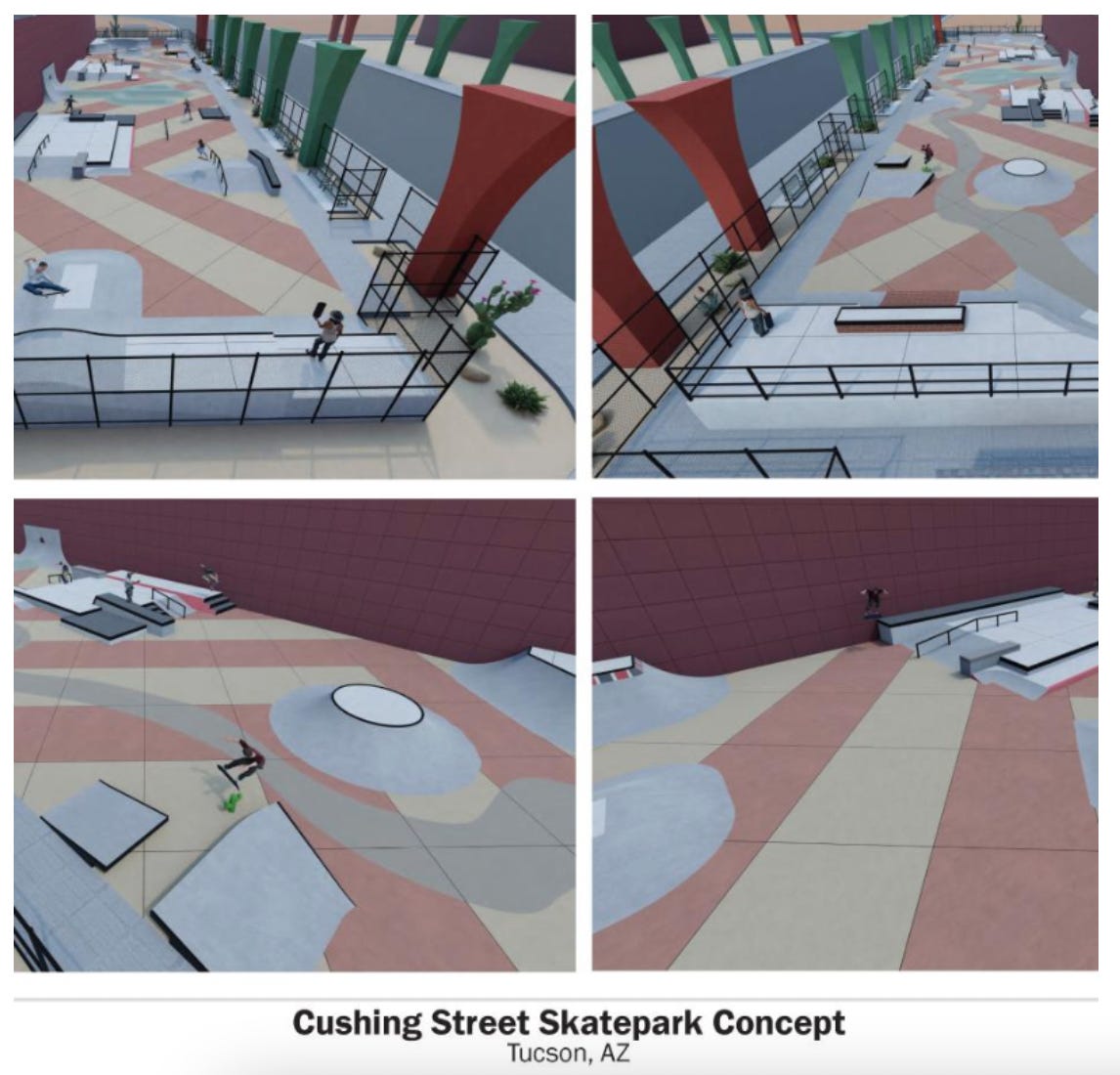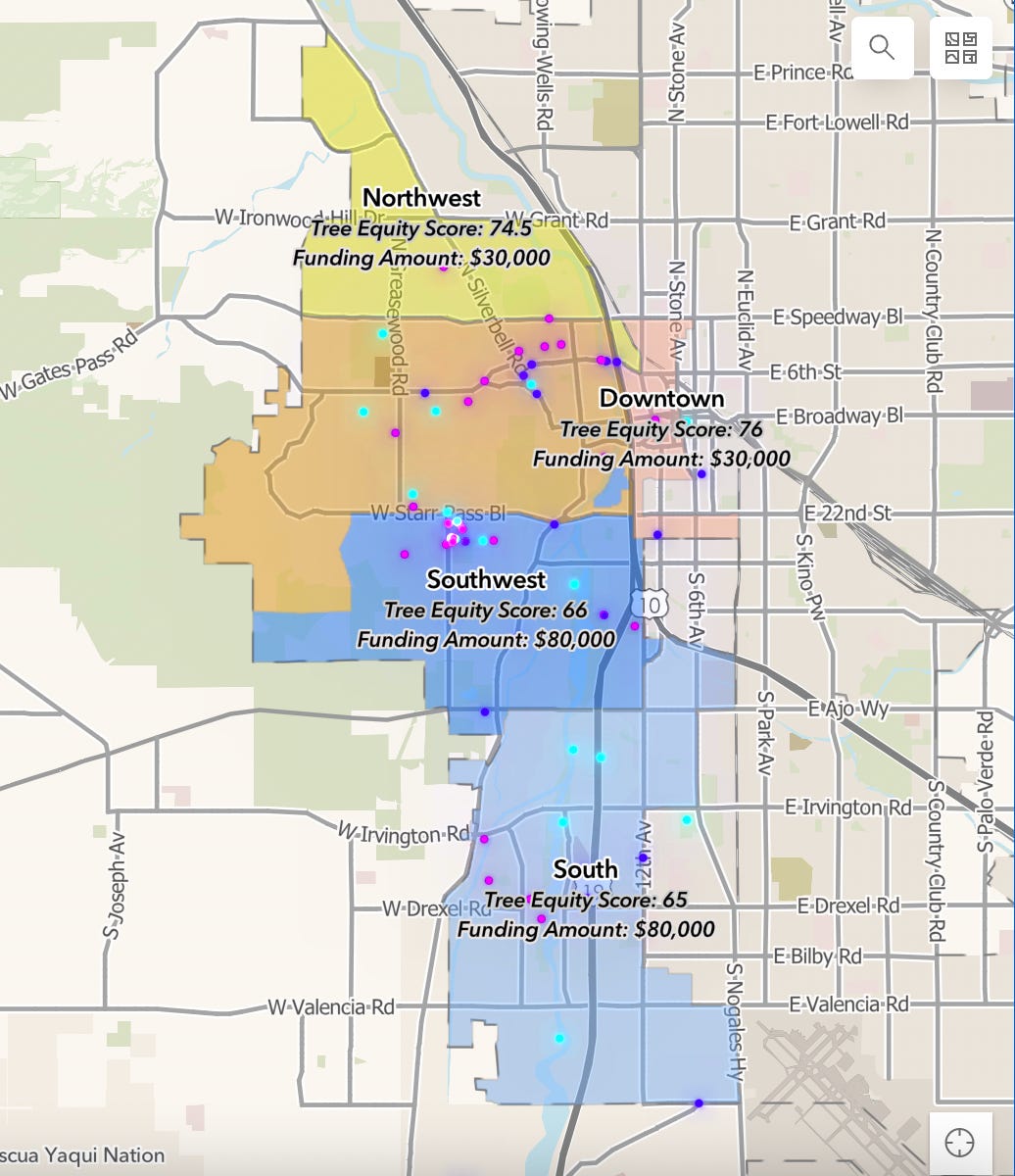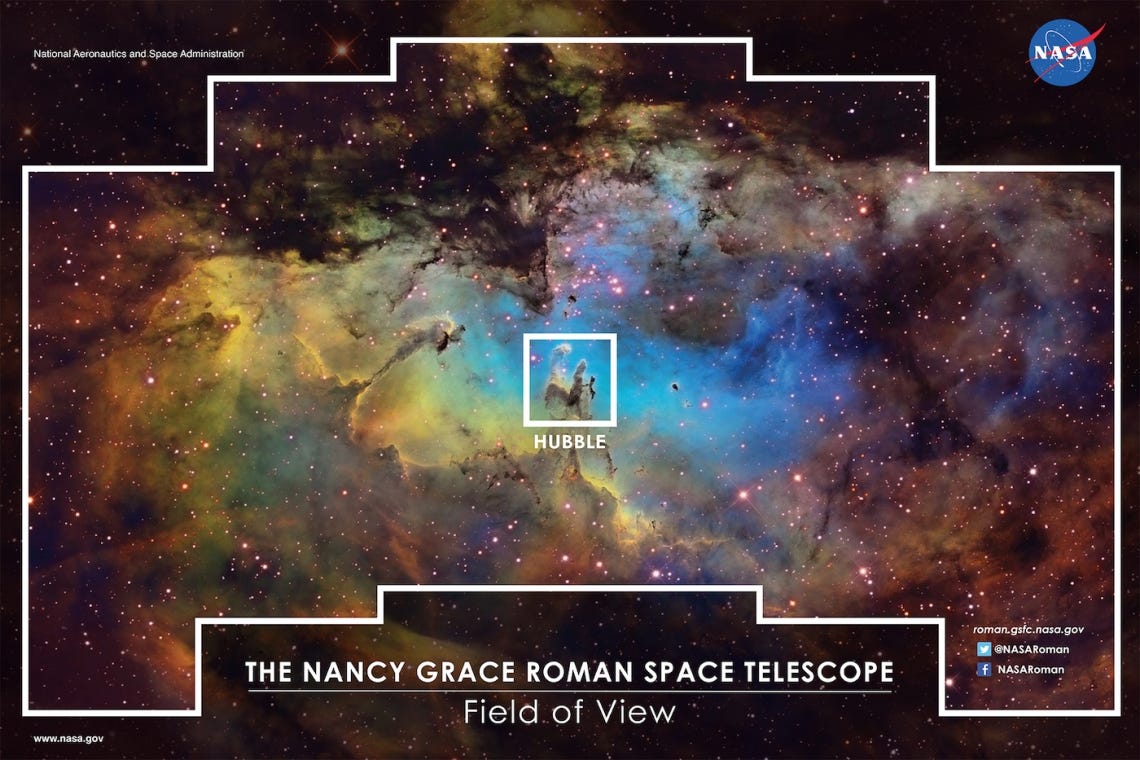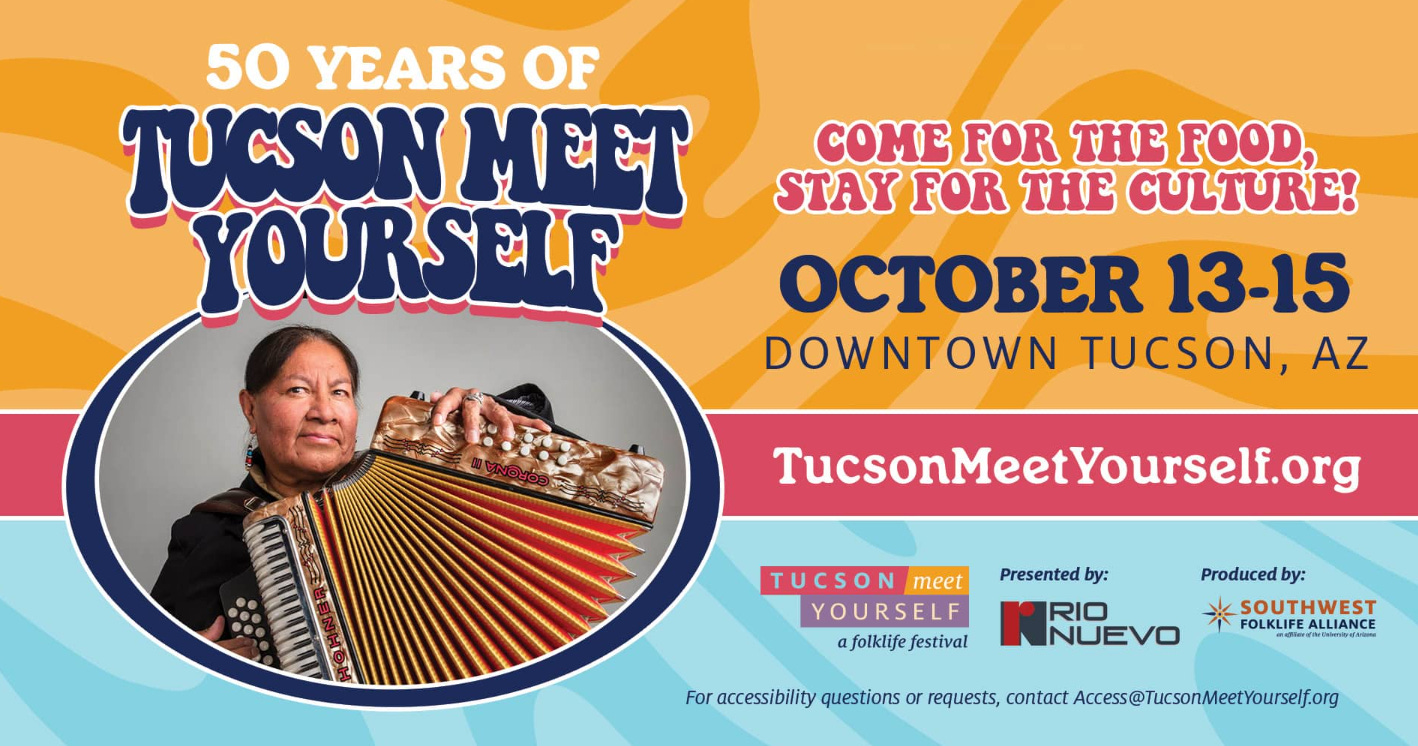The Daily Agenda: Let the people decide
Tucson tries out participatory budgeting ... Residents help decide how to spend nearly $1 million ... UA heading to the stars again.
In a perfect world, taxpayers would have a say in how the money in their city and county budgets is spent. But most of the time, that’s just not the way it works.
This idea of democratizing the budget process is picking up steam, though, as thousands of municipalities around the world — including Tucson — have recognized that citizens want an opportunity to weigh in on the issues that affect their lives.
It’s a process called participatory budgeting, and it’s not new or untested. In 2012, four New York City councilmembers introduced it to their districts and by last year, the program had been implemented citywide, giving residents decision-making power over $5 million in funding.
Tucson piloted the program earlier this year and in its first six months it has provided Ward 1 residents the opportunity to weigh in on how to spend nearly $1 million in city funds. In both cases, it’s only a fraction of the total budget.
With next Wednesday’s deadline for people to submit proposals for the second cycle of funding rapidly approaching, city officials are hoping to hear from voices that have historically been left out of these types of conversations.
Participatory budgeting is being used to some degree in cities including Chicago, Seattle and Philadelphia. Its launch in Tucson this spring marked the state’s first participatory budgeting project.
The Arizona Luminaria’s John Washington reported that Tucson City Councilmember Lane Santa Cruz saw the process in action while spending time in Chicago and New York. She asked fellow city council members to allocate discretionary funds for community infrastructure projects. And while the other members weren’t ready to try participatory budgeting in their own wards, they gave Santa Cruz the green light to launch the full project in Ward 1.
Santa Cruz’s office collected ideas for the first cycle of Budget de la Gente (the People’s Budget) from April 29 through May 15, with residents voting on how they thought $450,000 in funding should be spent.
Volunteer budget captains took the ideas and developed them into feasible proposals, with Ward 1 residents voting on the projects they thought best fit their community’s needs.
Projects that came out of the first cycle include the development of the Cushing Street Skate Park, the creation of an early childhood literacy program, beautification of the Heritage Reach Walk along the Santa Cruz River, “storm to shade” planning in Barrio Hollywood and improvements to Menlo Park.
The process is a bit different in the second cycle, with a longer feedback window and a new breakdown of how the money will be spent.
This time around, $200,000 has been earmarked for infrastructure projects identified by the city that will appear on the April 2024 ballot.
The remaining $250,000 has been set aside for community member proposals, which have been rolling in.
The changes were made to ensure that the office hears from people who may have been missed during the first round, according to the Budget de la Gente website, which says no person or idea should be left out of the process.
Community feedback from the first cycle combined with the city’s Tree Shade Equity Index informed how the funds for community member proposals will be distributed throughout Ward 1, with each area having its own budget.
The tree equity index measures more than just shade and is used to measure many socioeconomic factors and resources and focus on the neighborhoods with the greatest need.
Neighborhoods in the south and southwest portion of Ward 1 will each receive $80,000, and northwest, downtown and west neighborhoods will receive $30,000 each.
The office began collecting ideas in mid-August, and people submitted 72 proposals, including for bus stop shading, rainwater harvesting, crosswalk safety improvements, beautification projects, community events and one for just “happiness.”
It’s an intriguing idea and we look forward to seeing what community proposals make the final cut and which of the city’s ideas end up on the ballot next spring.
And from what we can tell, it seems like participatory budgeting’s biggest shortfall is its limited scope. Critics have pointed out that while New York City had adopted a citywide approach, it only applied to $5 million in funding, a tiny portion of the city’s $111 billion budget.
“It’s embarrassing,” Josh Lerner, executive director of the global participatory budgeting hub People Powered, told Next City in December. “Especially now, when people are really hungry to have more of a meaningful say on issues that affect their lives.”
Tucson is right there with New York, with less than $1 million allocated to participatory budgeting and a budget of more than $2.2 billion for the 2023/24 fiscal year.
We’re curious to see if Tucson’s other council members will decide to give their constituents a seat at the table, since there’s a whole lot of money in play and Tucsonans are just as hungry to take charge of the issues they think matter.
Going back to space: University of Arizona researchers are going to be part of NASA's next big space telescope project. They'll work on the Nancy Grace Roman Space Telescope, which will be the "wide-eyed cousin" to the Hubble Space Telescope, UANews' Niranjana Rajalakshmi writes. The Roman telescope will have the same resolution as the Hubble, but the area of the sky it will cover will be 100 times bigger.
Making his pitch: Voters should approve the Tucson Unified School District's Prop 496 bond package, worth $480 million, Bruce Burke, a former TUSD governing board member and member of the Bond Exploratory Citizens’ Committee, writes in a guest opinion in the Arizona Daily Star. Burke pointed to the state underfunding schools year after year and the fact that federal COVID funds can't be used for projects like building renovation. Bond funds approved by local voters are the “only adequate and reliable source for funding the district’s much-needed improvements.”
That's a lot of food: The Tucson Meet Yourself festival is celebrating its 50th anniversary this weekend. The Star's Jamie Donnelly gives a rundown on the 50-plus food vendors who'll be on hand.
For the price of a couple of empanadas, you could support local news and keep us in business.
Solar uncertainty: The Arizona Corporation Commission could make big cuts to how much utilities pay homeowners with rooftop solar panels, KJZZ's Katherine Davis-Young reports. The ACC is meeting today to consider those cuts, which critics say could lead to a "massive reduction" in installation of solar panels.
School business: Groundskeepers in Vail Unified School District could see $600 signing bonuses, due to a big-time worker shortage, the Tucson Sentinel's Blake Morlock writes in his roundup of local school district meetings. Among the other meetings he previews, the Amphi Unified School District Governing Board is set to revise policies to comply with a new state law that gives the public the right to review instructional materials. So far, nobody has commented on any of them.
5: The number of tons of plastic diverted from the landfill last week through the City of Tucson’s partnership with ByFusion, Council member Steve Kozachik wrote in his weekly newsletter.











